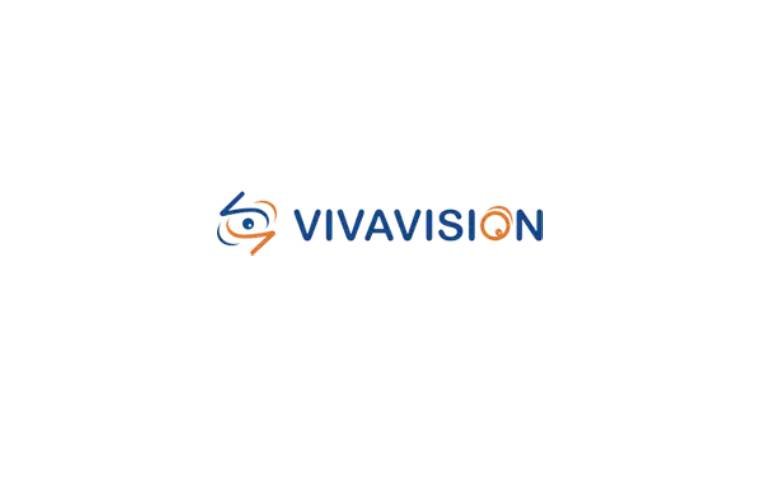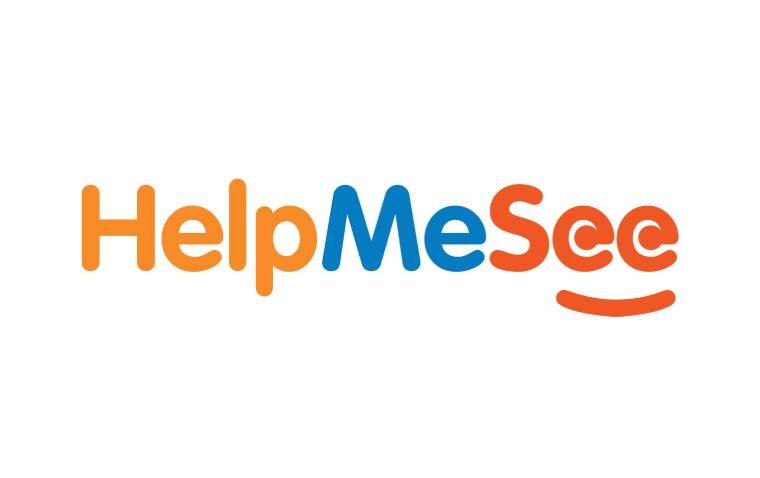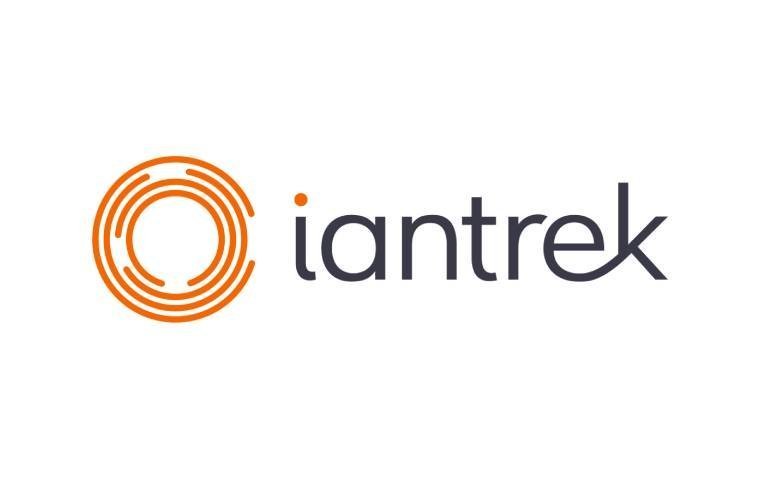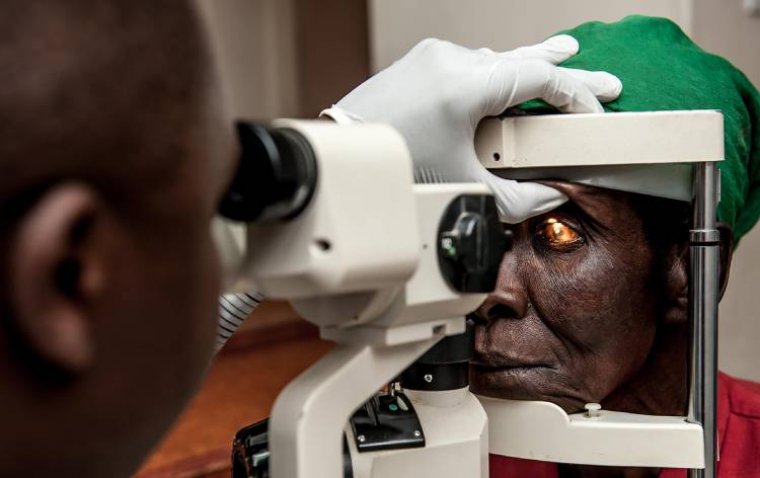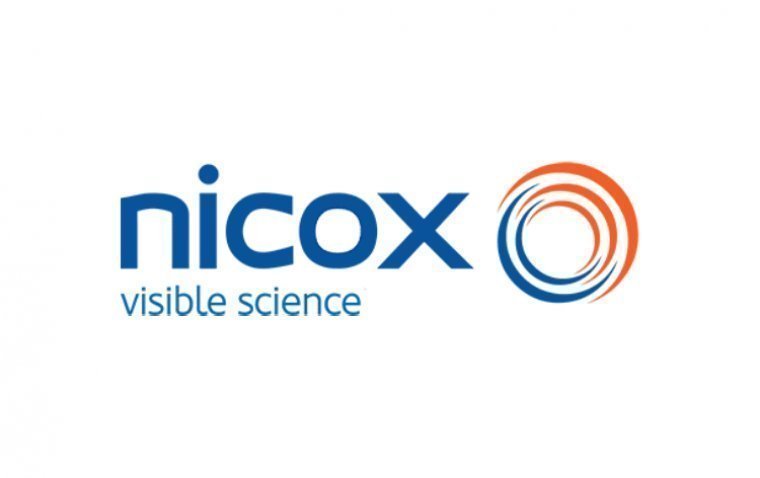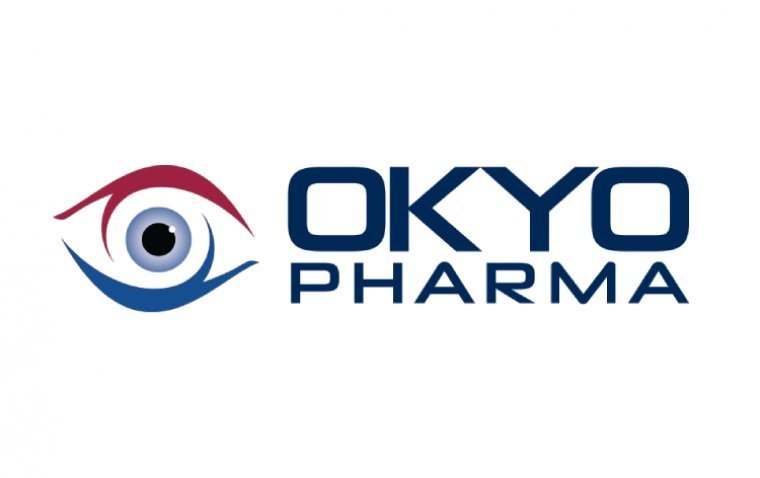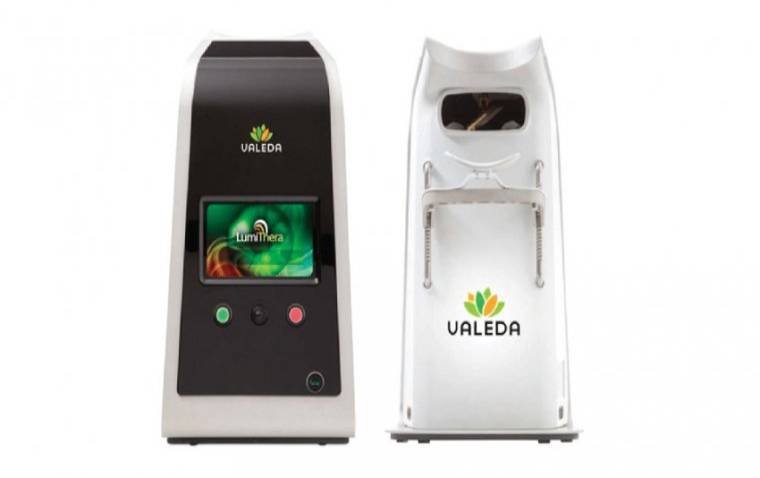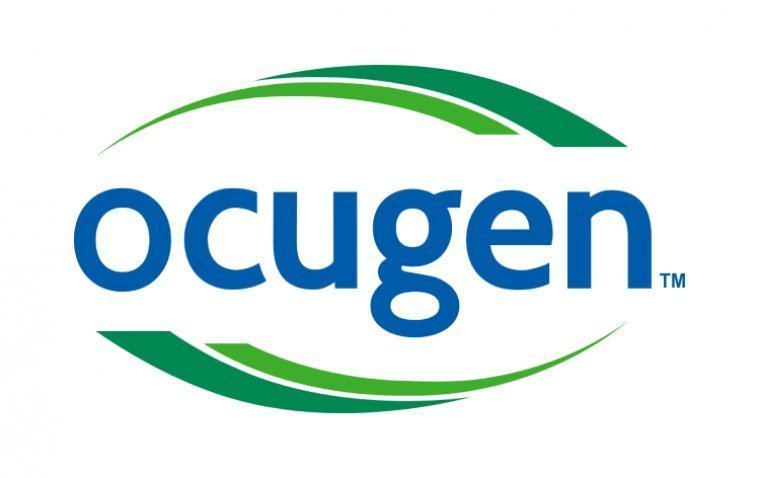
Ocugen Advances Phase 2 of OCU410 ArMaDa Clinical Trial
Ocugen has announced that the second phase of the OCU410 ArMaDa clinical trial will continue following approval from the Data and Safety Monitoring Board (DSMB). This trial evaluates OCU410 (AAV5-hRORA), an innovative modifier gene therapy candidate for treating geographic atrophy (GA) secondary to dry age-related macular degeneration (AMD).
DSMB Approval and Initial Findings
The DSMB reviewed safety data from 15 subjects in Phase 2, with promising initial findings. According to Peter Chang, MD, FACS, Co-President and Partner of the Massachusetts Eye Research and Surgery Institution (MERSI):
“The DSMB assessed data on 15 subjects from Phase 2. Initial data indicates that OCU410 appears to be safe and well-tolerated. No serious adverse events (SAEs) related to OCU410 have been reported to date.”
Overview of the ArMaDa Clinical Trial
The ArMaDa clinical trial is designed to assess the safety and efficacy of a unilateral subretinal administration of OCU410 in patients with GA.
Key Details of Phase 2:
• Study Design: A randomized, outcome assessor-blinded, dose-expansion study.
• Participants: 45 subjects randomized in a 1:1:1 ratio to either one of two treatment groups or an untreated control group.
• Treatment doses: 5×10¹⁰ vg/mL and 1.5×10¹¹ vg/mL.
The study builds on the Phase 1 dose-escalation portion, which showed positive preliminary efficacy and safety results, including:
• No drug-related serious adverse events.
• Reduced lesion growth.
• Preservation of retinal tissue.
• Improved low luminance visual acuity (LLVA), a critical functional visual measure.
Potential to Revolutionize GA Treatment
Current treatments for GA often require 6-12 intravitreal injections annually, creating a significant burden for patients and caregivers. Huma Qamar, MD, MPH, CMI, Chief Medical Officer of Ocugen, highlighted the transformative potential of OCU410:
“Currently approved treatments for GA require 6-12 intravitreal injections annually and frequent injections are a burden on patients and caregivers. We are very enthusiastic about the potential of OCU410 to serve as a game-changing, one-time treatment for life for patients with GA.”
Trial Progress and Timeline
The ArMaDa clinical trial is being conducted at 13 leading retinal surgery centers across the U.S. Dosing is expected to be completed by early 2025. Ocugen will continue to provide 9- and 12-month efficacy updates from Phase 1 as the trial progresses.
Conclusion
With its potential to offer a one-time treatment for life, OCU410 represents a significant advancement in the management of geographic atrophy secondary to dry AMD. The positive early results and ongoing progress of the ArMaDa clinical trial signal hope for patients burdened by frequent injections and limited treatment options.
(1).jpg)
